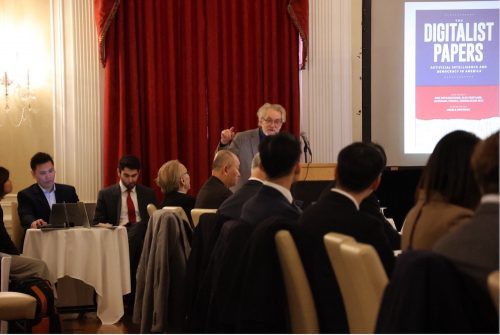“The house always wins — and now it has artificial intelligence on its side.” According to Bloomberg, some of the world’s biggest casino operators in Macau are using facial recognition technology to track high-spending customers.
The reasons for this? “Those who can afford to lose, those who play even more when losing money, we can for sure offer them a free meal,” Andrew Lo, executive director of junket operator Suncity’s listed arm, said in an interview. The other reasons, as the casino operators mentioned, include safety protection and cheating behavior detection.
Sounds fair, but this raises a flag. China’s government is known for its nationwide use of facial recognition to monitor its citizens. The country’s social credit system using technology-based mass surveillance to rank people is criticized worldwide for privacy violation.
Back to Macau. The concerns are that the Chinese government and law enforcement authorities may want access to data that’s collected by the casinos, and who knows, whether that data would benefit the people. But, “facial recognition is very mature in China: border customs has it, banks will soon have it, it’s a trend,” Lo said. “If you’re afraid of this, then you’re very likely a criminal and casinos won’t do business with you anyway.”
In China, yes, maybe. But in an open society, one should by all means avoid the temptation to abuse AI for the purpose of big-brother watching. The AIWS has written about the threats of AI to open societies if not thoughtfully used, citing China as a prime example. A desirable future is one that respects people’s privacy, where each citizen reserves certain rights to own and share data that is about or of him or her.










